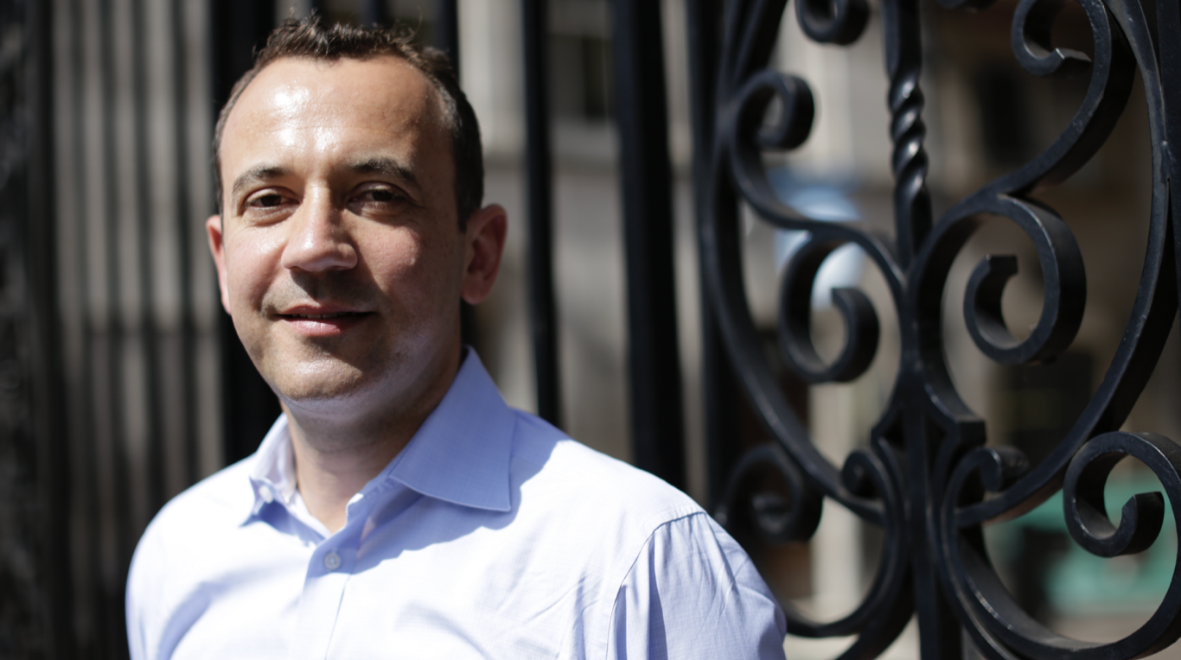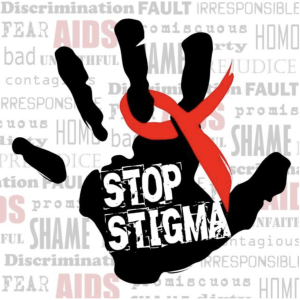
World AIDS Day is a vital opportunity to raise awareness about HIV/AIDS and honour those whose lives have been affected by the disease. Professor Alan Winston from the Department of Infectious Disease explores how language and scientific definitions have contributed to the stigmatisation of those living with the disease and emphasises the need for person-centred language and thoughtful scientific communication to reduce discrimination in medicine and medical research.
The initial fear
Since AIDS–Acquired Immune Deficiency Syndrome–was first identified in the 1980s, along with its underlying cause–the Human Immune Deficiency virus (HIV)– people living with HIV have encountered immense discrimination and stigma. Whilst this was partly driven by fear of the disease itself and the devastating clinical consequences of HIV without treatment, we should acknowledge that both physicians and scientists have contributed to this stigma. Here, I highlight how this has been mediated through language and scientific definitions. Although these contributors have likely not been intentional, going forward, we need to learn from past experiences and carefully consider how, as clinicians, clinical researchers and scientists, our work can focus on reducing the stigma and discrimination that has surrounded HIV for so many decades.
